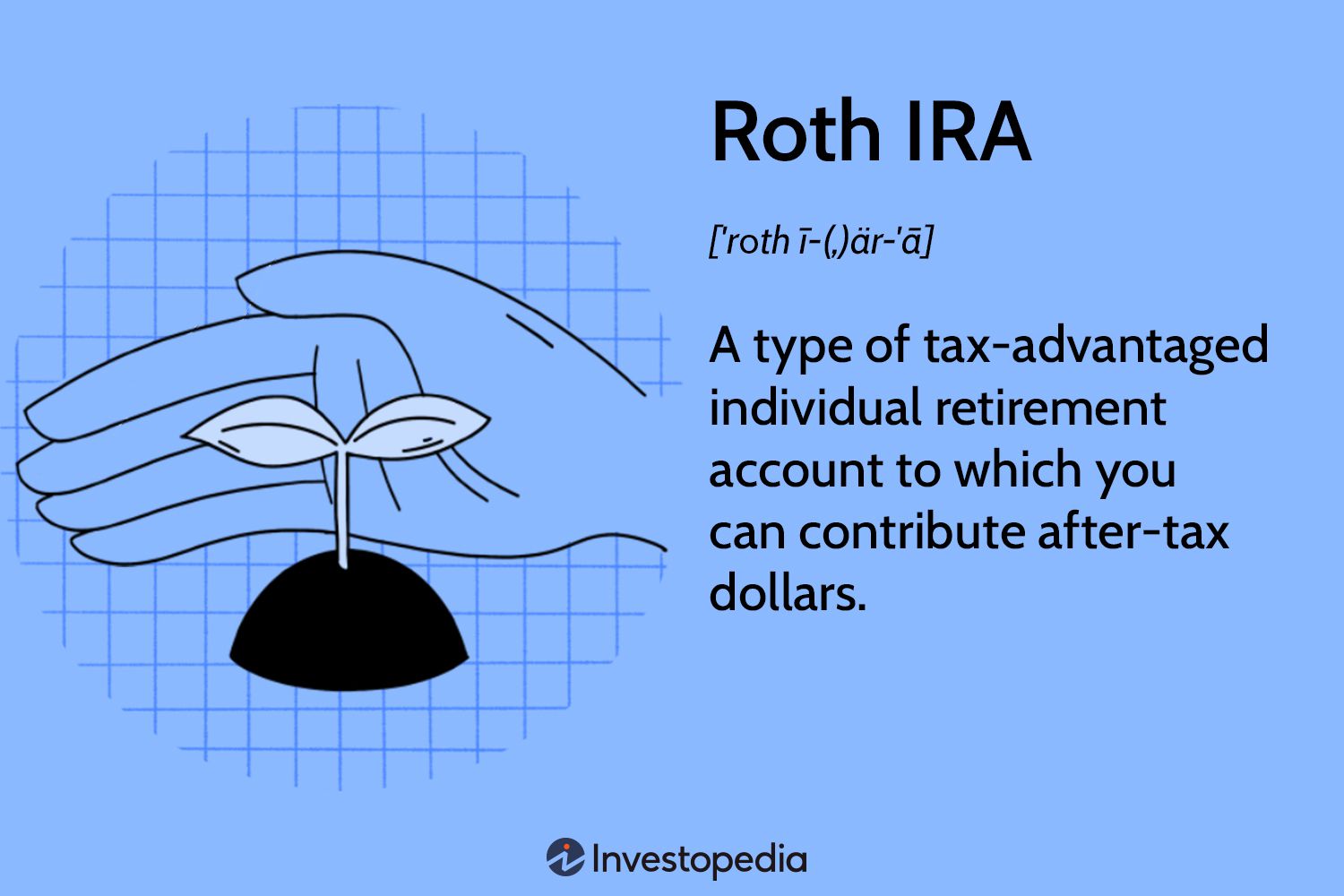Benefits of an Individual Retirement Account (IRA)
An Individual Retirement Account (IRA) is a powerful financial tool that allows individuals to save for retirement with potential tax advantages. In this article, we will explore the various benefits of an IRA and how it can help you secure a comfortable retirement.
Tax Advantages
One of the primary benefits of an IRA is the potential for tax advantages. Contributions to a traditional IRA are often tax-deductible, meaning you can reduce your taxable income for the year. This can result in immediate tax savings and help you keep more money in your pocket.
Additionally, the growth of your investments within an IRA is tax-deferred. This means that you won’t have to pay taxes on any capital gains, dividends, or interest earned until you withdraw the funds during retirement. By deferring taxes, you allow your investments to compound and grow faster over time.
On the other hand, Roth IRAs offer a different tax advantage. Although contributions to a Roth IRA are not tax-deductible, qualified withdrawals are tax-free. This means that you won’t have to pay taxes on the money you withdraw during retirement, including any earnings or gains made.
Retirement Savings
Another significant benefit of an IRA is the opportunity to save for retirement. With the decline of traditional pension plans, individuals are increasingly responsible for funding their retirement. An IRA provides a dedicated account specifically designed to accumulate retirement savings.
By contributing regularly to an IRA, you can take advantage of compounding returns and potentially grow your savings significantly over time. The power of compounding allows your investments to generate earnings, and those earnings can then generate their earnings. This compounding effect can help accelerate the growth of your retirement nest egg.
Diverse Investment Options
IRAs offer a wide range of investment options, allowing you to tailor your portfolio to your risk tolerance and investment preferences. You can choose from stocks, bonds, mutual funds, exchange-traded funds (ETFs), and more. This flexibility allows you to diversify your investments and potentially increase your chances of achieving higher returns.
Furthermore, self-directed IRAs provide even more investment choices, including real estate, private equity, and precious metals. This level of control allows experienced investors to take advantage of alternative assets and potentially enhance their portfolio’s performance.
Estate Planning
IRAs can also play a crucial role in estate planning. By designating beneficiaries for your IRA, you can ensure that your assets pass directly to your loved ones without going through probate. This can help streamline the distribution of your assets and potentially minimize estate taxes.
Additionally, with a Roth IRA, your beneficiaries can inherit the account tax-free, providing them with valuable financial resources can be especially beneficial if you wish to leave a lasting legacy for your family or support a charitable cause.

An Individual Retirement Account (IRA) offers numerous benefits that can help you secure a comfortable retirement. From tax advantages and retirement savings to diverse investment options and estate planning benefits, an IRA provides a powerful tool for long-term financial growth. Start planning for your retirement today by opening an IRA and taking advantage of the benefits it offers.
Frequently Asked Questions about the Benefits of an IRA
1. What is an IRA?
An Individual Retirement Account (IRA) is a type of investment account that provides tax advantages for individuals to save for retirement.
2. What are the benefits of having an IRA?
Some of the key benefits of having an IRA include:
Tax advantages, such as tax-deferred growth or tax-free withdrawals in the case of a Roth IRA
Opportunity to save for retirement and build a nest egg
Flexibility to choose from various investment options
Potential for higher returns compared to traditional savings accounts
3. How much can I contribute to an IRA?
The contribution limits for an IRA depend on your age and the type of IRA. For 2021, the annual contribution limit is $6,000 for individuals under 50 years old and $7,000 for individuals 50 years old or older (catch-up contribution).
4. Are there any income limits to contribute to an IRA?
Yes, there are income limits for certain types of IRAs. For example, Roth IRA contributions have income limits, but traditional IRAs do not. It’s important to consult with a financial advisor or tax professional to determine your eligibility.
5. Can I withdraw money from an IRA before retirement?
Yes, you can withdraw money from an IRA before retirement, but it may be subject to taxes and penalties unless you meet certain exceptions. Early withdrawals from traditional IRAs are generally subject to income tax and a 10% penalty, while Roth IRAs offer more flexibility for early withdrawals of contributions.
6. Can I have multiple IRAs?
Yes, you can have multiple IRAs. Many individuals have both traditional and Roth IRAs to diversify their retirement savings and take advantage of different tax benefits.
7. Can I rollover funds from a 401(k) into an IRA?
Yes, you can rollover funds from a 401(k) or other eligible retirement plans into an IRA. This allows you to maintain tax advantages and have more control over your retirement savings.
8. Are there any age restrictions to open an IRA?
No, there are no age restrictions to open a traditional IRA. However, for a Roth IRA, you must have earned income and meet certain income limits.
9. Are there any penalties for not taking required minimum distributions (RMDs) from an IRA?
Yes, if you fail to take RMDs from a traditional IRA after reaching the age of 72, you may be subject to a 50% excise tax on the amount that should have been withdrawn.
10. Can I contribute to an IRA if I have a 401(k) through my employer?
Yes, you can contribute to an IRA even if you have a 401(k) through your employer. However, depending on your income and filing status, your contributions to a traditional IRA may not be tax-deductible.




